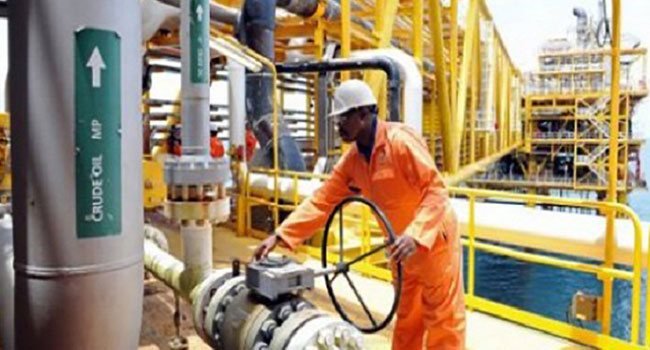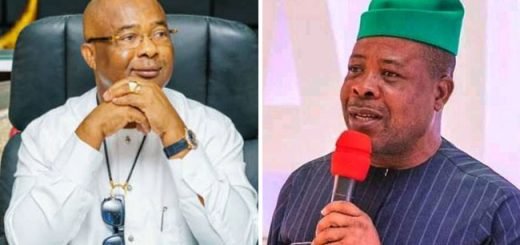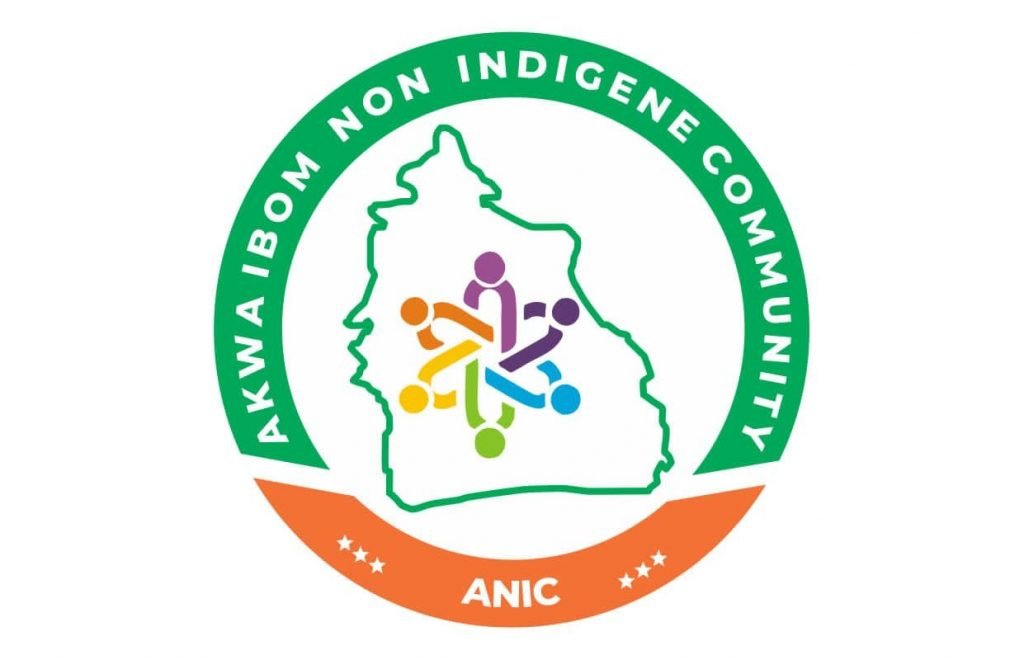Nigeria Risks Dwindling Oil Revenue As 905, 000b/d Big Projects Stalled

The delay poses potential risks to the federal government’s plan to double its economy in 2025, partly anchored on increased oil production.
A total of 905, 000 barrels per day of big projects are currently witnessing delays across the country, signalling a projected revenue loss for Nigeria.
These big-ticket projects include: Zabazaba 150,000 bpd; Shell’s Bonga South West, 225,000bpd; Bonga North project, 100,000 bpd; Chevron Nsiko project,100,000 bpd; Exxonmobil’s Bosi; 140,000 bpd; Satellite Field development phase, 80,000 bpd, and Ude 110,000 bpd, according to findings by Channels Television.
The delay poses potential risks to the federal government’s plan to double its economy in 2025, partly anchored on increased oil production.
Wale Edun, minister of finance and coordinating minister of the economy, said on Monday that the federal government plans to hit about seven per cent annum GDP growth.
“Because it is at that level you begin to lift people out of poverty,” he said. “In 2025, the country expects stronger revenue growth, higher oil production, continued savings from the non-spending of subsidies and greater ease of doing business to reach this lofty target.”
Edun said that one of the ways the country will boost its economy is to ‘crowd in the private sector’ to bridge the infrastructural deficit that has made the nation less attractive to investors.
In its February 2025 Monthly Oil Market Report, Organization of Petroleum Exporting Countries (OPEC) quoted direct sources as saying that Nigeria’s crude oil production climbed to 1.5mb/p in January from 1.4mb/d in December 2024.
Price of the country’s crude grade, Bonny Light also climbed to $80 per barrel in January from $70 in December.
However, the government said it will increase oil production to over 2 million barrels per day this year, a boost on the 1.5 million barrels per day (bpd) current production, to surpass its December 2024 quota set by OPEC.
Petrodollars is Nigeria’s major FX earner. This means an improved oil production will boost the economy and improve the country’s per capita income.
However, with 950, 000 barrels per day production under lock, and the country’s rig count increasing by just one between December 2024 and January 2025, according to OPEC, attaining increased oil revenue may remain only a wish, experts have argued.
According to them, Nigeria’s path to economic prosperity may lie in optimising idle assets, a development that will require disciplined planning, economic reforms and consistent government policies that can inspire investors’ confidence.
A senior industry source who declined to be quoted told Channels Television that delays in the processes of oil licenses are still bureaucratic.
“Officials at both regulatory agencies and other agencies still demand bribes to attend to licences and approvals, and the delay in the process and bureaucratic obstacles did not change,” a senior industry source, who pleaded not to be quoted, said.
This is as an oil executive said Nigeria needed $25 billion per annum in investments to be able to achieve a production target of 2mb/d target.
Before 2014, the country saw an influx of Foreign Direct Investments (FIDs) into the sector.
In 2014, Nigeria attracted the largest amount of FDI of any African country, with inflows exceeding $22.1 billion. This influx of capital fuelled major projects, including deepwater exploration and development of new oil fields. In the second quarter of 2024, oil FDI stood at $5 million.
“Prioritising political interests over transparency and due process in asset sales has led to corruption, mismanagement, and ultimately, the underperformance of the sector,” Austin Avuru, executive chairman of AA Holdings, said at the Harvard Business School (Association of Nigeria) event in Nigeria’s commercial capital last year.
He noted that those who should manage the process for a smooth transition from oil majors to local operators turned it into an ‘approval power play.’






